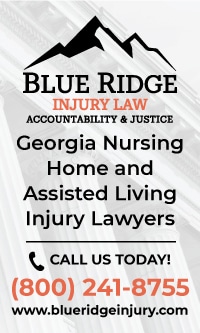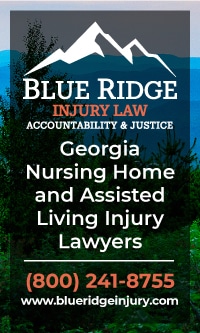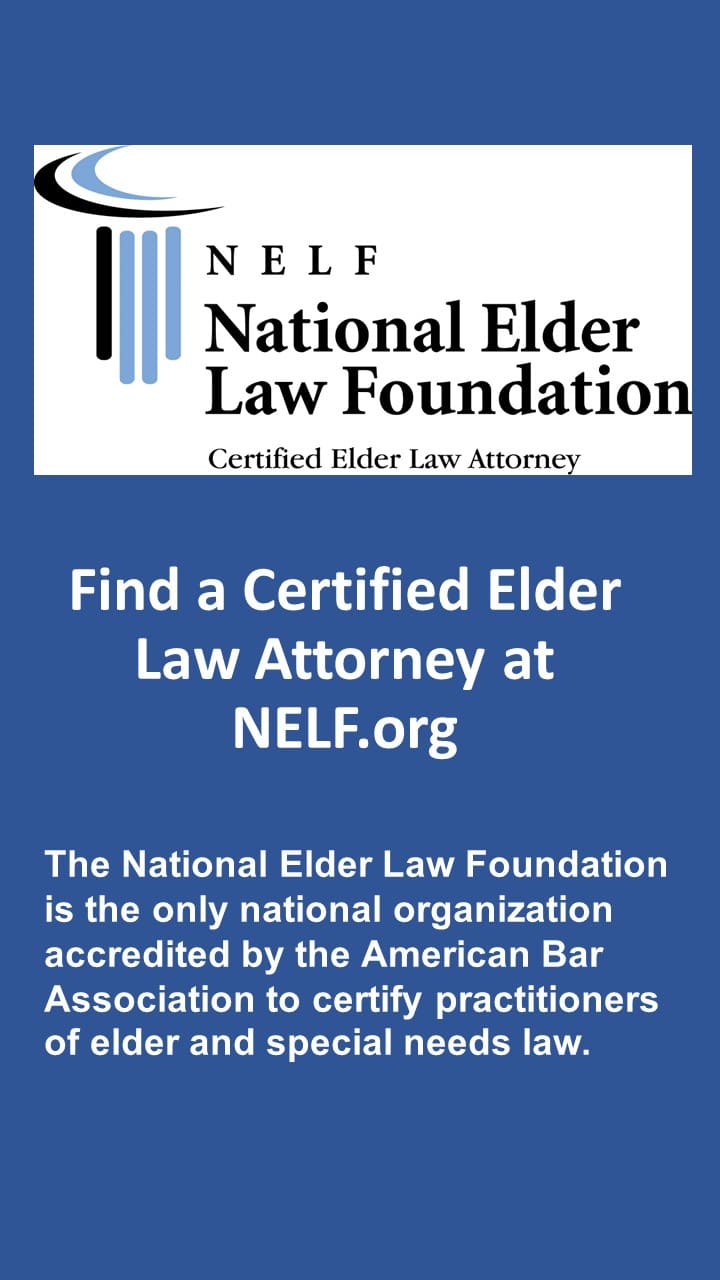Georgia Adult Protective Services
Authority for Adult Protective Services is found at O.C.G.A. § 30-5-1 et seq. The stated purpose of the Act ” is to provide protective services for abused, neglected, or exploited disabled adults and elder persons. It is not the purpose of this chapter to place restrictions upon the personal liberty of disabled adults or elder persons, but this chapter should be liberally construed to assure the availability of protective services to all disabled adults and elder persons in need of them.” See O.C.G.A. § 30-5-2. Definitions, including those for abuse, caretaker, neglect, essential services, are found at O.C.G.A. § 30-5-3.
The following groups are mandatory reporter:
- Any person required to report child abuse as provided in subsection (c) of Code Section 19-7-5;
- Physical therapists;
- Occupational therapists;
- Day-care personnel;
- Coroners;
- Medical examiners;
- Emergency medical services personnel, as such term is defined in Code Section 31-11-49;
- Any person who has been certified as an emergency medical technician, cardiac technician, paramedic, or first responder pursuant to Chapter 11 of Title 31;
- Employees of a public or private agency engaged in professional health related services to elder persons or disabled adults; and
- Clergy members.
In addition, employees at financial institutions with reason to believe exploitation has taken place must report. A member of the staff of a hospital, social agency, financial institution, or similar facility must make a report when he or she believes APS services are needed. Everyone else is a permitted reporter. Persons required to make a report may be charged with a misdemeanor if they fail to make a report. Persons reporting are entitled to confidentiality, except that prosecutors and law enforcement may have access. If they testify at a hearing, they have immunity from civil or criminal liability for making the report and for their testimony unless such person acted in bad faith, with a malicious purpose, or was a party to such crime or fraud.
O.C.G.A. § 30-5-5 authorizes caseworkers to seek an order from the Court if access is denied when investigating reports of abuse or neglect. The Court where the petition is filed is the probate court for the county of residence of the disabled adult or elder person or the county in which such person is found.
If the suspected victim has capacity, then “services may not be provided under this chapter to any person who does not consent to such services or who, having consented, withdraws such consent.” See O.C.G.A. § 30-5-5(e) (emphasis added). In other words, paternalism is not permitted when the alleged victim has capacity.
The Georgia Adult Protective Services Manual, MAN5500, is available online. The official version is at https://odis.dhs.ga.gov/General/Home/DownloadDoc/4004139. Below is an unofficial mirror.
Last Updated: October 20, 2023
***Report Elder Abuse ***
Chapter 1000 – INTRODUCTION AND PURPOSE
- 1001 – Adult Protective Services Overview
- 1002 – Responsibility, Functions and Duties of Adult Protective Services
- 1003 – Persons Eligible for Adult Protective Services
- 1004 – Guiding Principles in Adult Protective Services
- 1005 – Definitions
- 1006 – Adult Protective Services Section Structure
Chapter 2000 – APS REPORTS AND ONGOING CASES
- 2001 – APS Reports and Opening Cases Overview
- 2002 – Accepting APS Reports
- 2003 – Reports with Multiple Vulnerable Adults in the Household
- 2004 – Residency
- 2005 – Notification
- 2006 – Acknowledgments
- 2007 – Directing Reports to Other Investigative Agencies
- 2008 – Confidentiality of Reporter
- 2009 – Reporting Abuse in Long-Term Care Facilities
- 2010 – Reports of A/N/E from Out-of-State Reporters
- 2011 – Reports of A/N/E Involving DHS Employees
- 2012 – Documenting APS Reports
Chapter 3000 – INVESTIGATIVE ASSESSMENT
- 3001 – Introduction
- 3002 – Investigation
- 3003 – Assessment Conducted
- 3004 – Client Interview
- 3005 – Collateral Contact Interviews
- 3006 – Alleged Perpetrator Contact
- 3007 – Findings and Disposition
- 3008 – Law Enforcement
- 3009 – Petitions
- 3010 – Emergency Petitions
- 3011 – Case Transfers and Courtesy Visits
- 3012 – Documentation
Chapter 4000 – SERVICE DELIVERY AND CASE MANAGEMENT
- 4001 Introduction
- 4002 – On-going Service Types
- 4003 – On-going Adult Protective Services Consent to Services
- 4004 – New Allegations during On-going Case Management
- 4005 – Case Planning
- 4006 – On-going Case Contacts
- 4007 – On-going Redetermination and Case Closure
- 4008 – Documentation
Chapter 5000 – RESERVED
- Reserved
Chapter 6000 – A/N/E MDT
- 6001 – Introduction
- 6002 – A/N/E MDT Attendance
- 6003 – A/N/E MDT Case Review
- 6004 – A/N/E MDT Record Sharing
Chapter 7000 – TERF CASE MANAGEMENT
- 7001 – Introduction
- 7002 – Accepting TERF Reports
- 7003 – Pre TERF Case Management
- 7004 – TERF Case Management
- 7005 – Documentation
- 7006 – Collaboration
Appendix A – Manual Transmittal Cover Letters
Appendix B – HOLD
Appendix D – APS Contact & Documentation Standards
Appendix E – Other Agency Referral Forms
Appendix F – Engaging the Reporter
Appendix G – Assessment and Investigation Forms
Appendix I – APS Field Safety Guide






